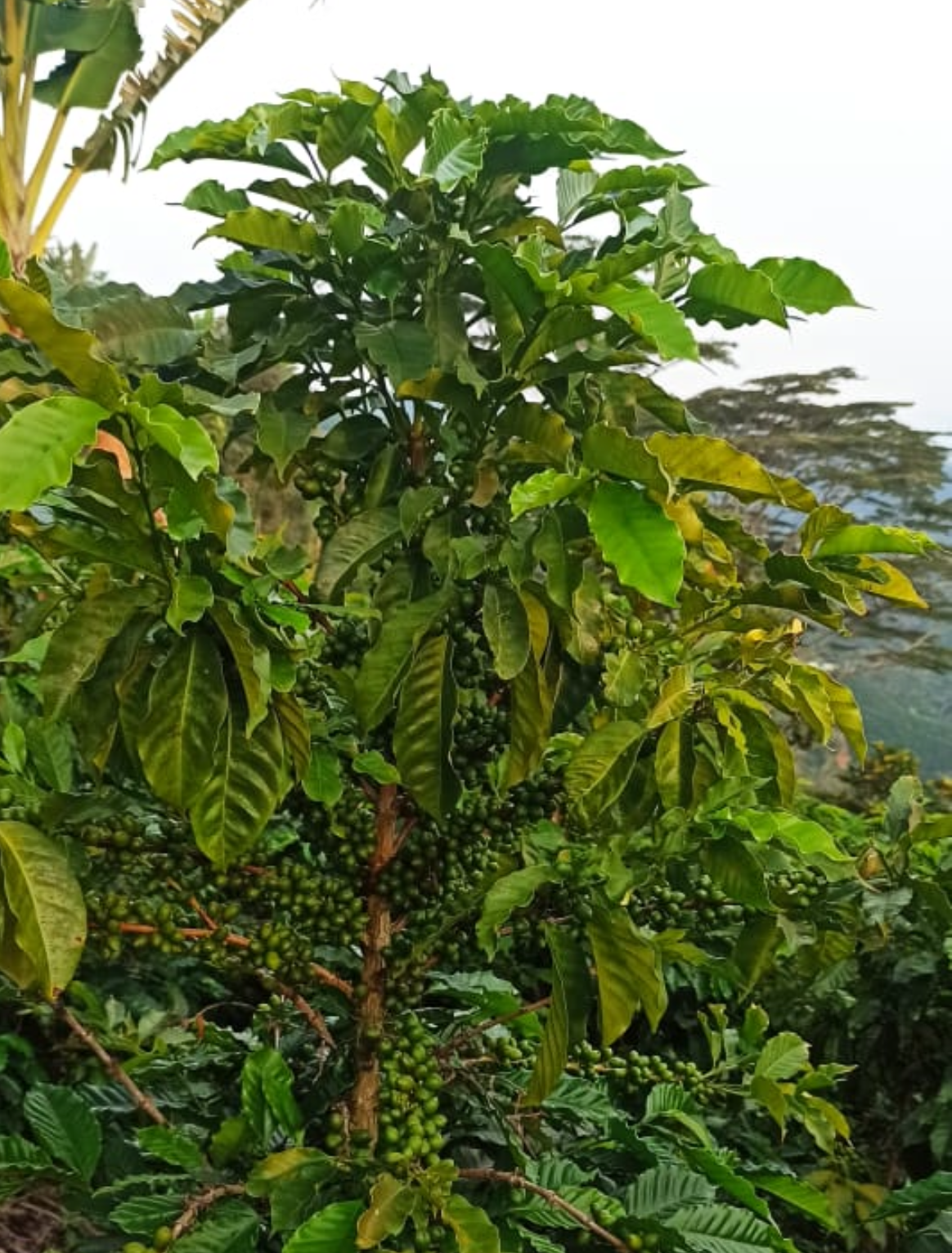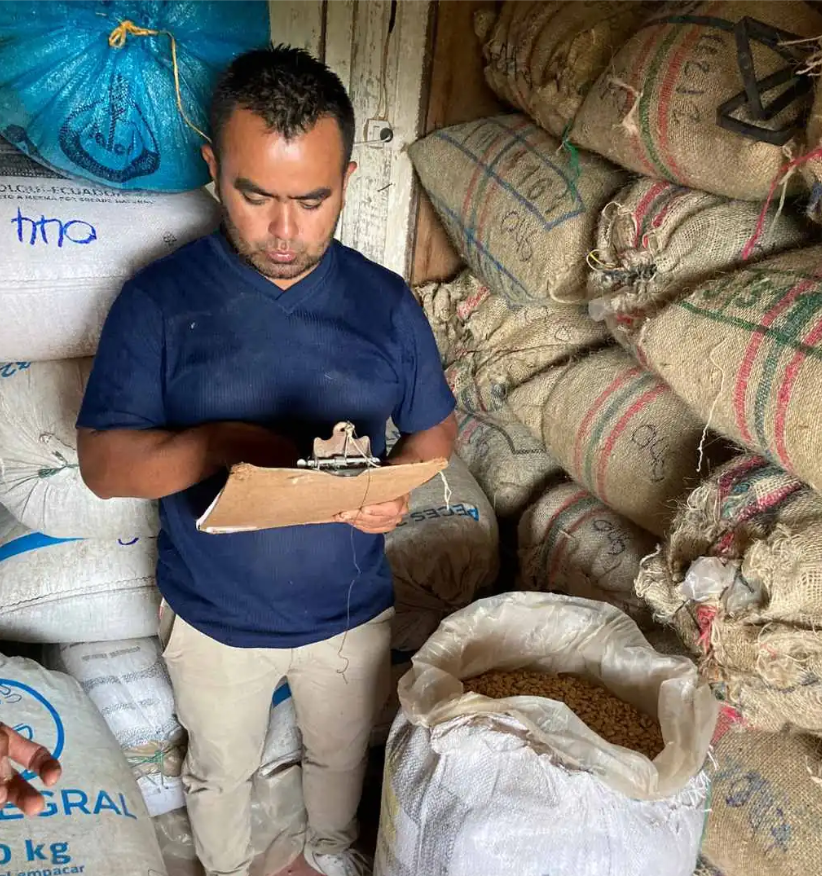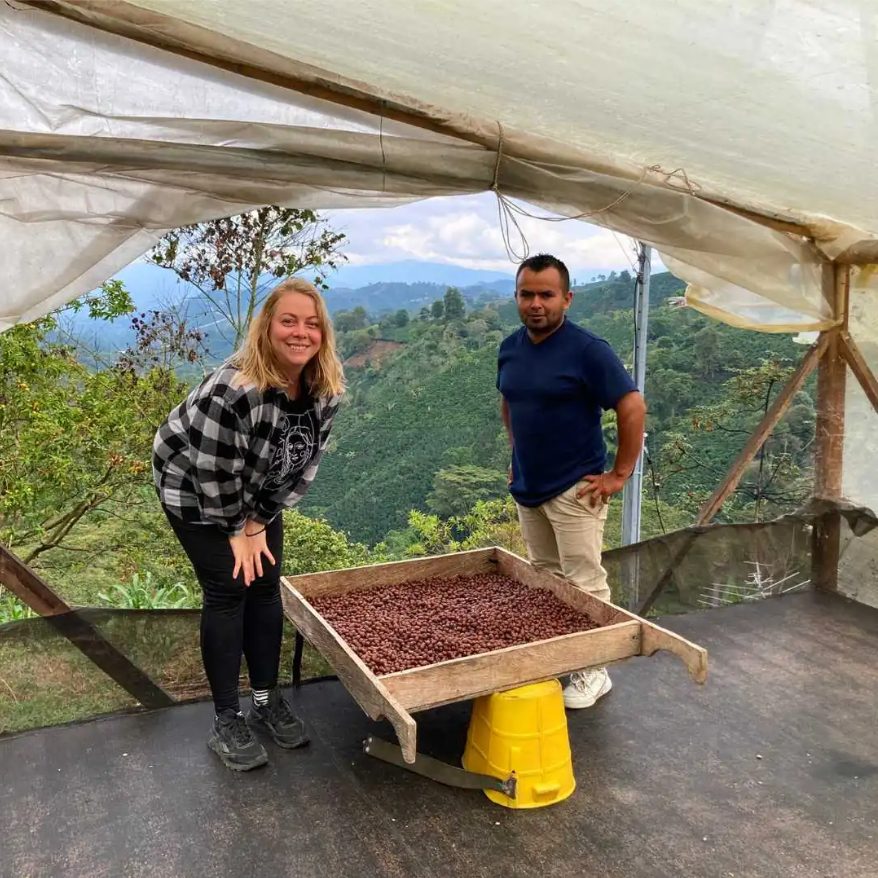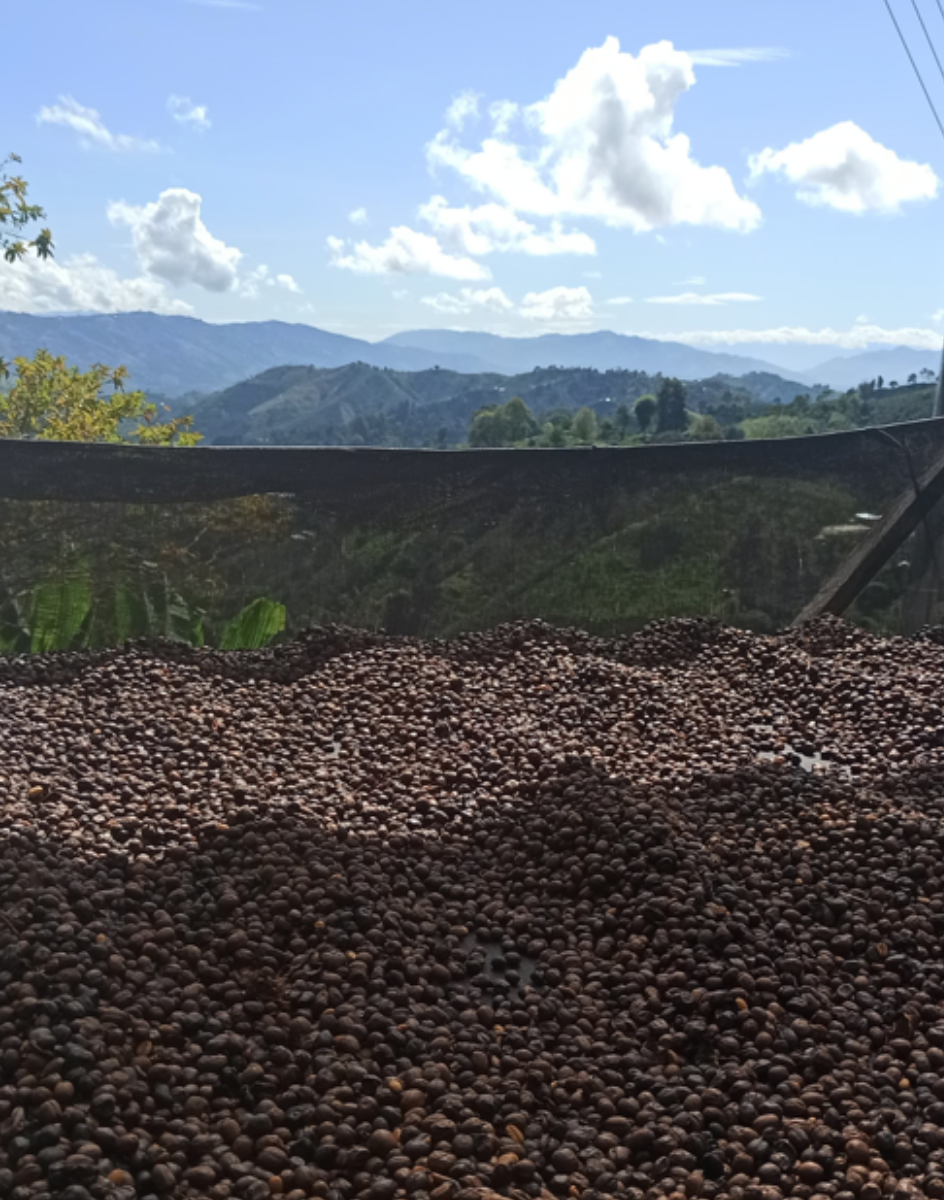Colombia Bourbon Ají
Code: 1897/250 1897/251 Choose variantRelated products
Product detailed description
Additional parameters
| Category: | Coffee |
|---|---|
| Taste preference: | Fruity coffee |
| Type of preparation: | Filters |
| Země původu: | Kolumbie |
| záloha: | 1897/251:3;1897/1:1 |
Be the first who will post an article to this item!
Add a comment






